Investing in buy-to-let property can seem like an attractive option for those looking to generate long-term income. However, it is important to consider the potential downsides and tax implications before making a decision
One of the main tax implications of owning a buy-to-let property is the income tax on rental income. Rental income is considered taxable income and must be reported on a tax return. The amount of tax you will pay on your rental income will depend on your tax bracket and any deductions or allowances you are eligible for.
In addition to income tax and completing a regular tax return there are also several other taxes to consider when owning a buy-to-let property. For example, when purchasing a buy-to-let property, you may be required to pay Stamp Duty Land Tax (SDLT). The rate of SDLT for buy-to-let properties is higher than for residential properties, and can add a significant cost to the purchase.
Capital Gains Tax (CGT) is another tax to consider when owning a buy-to-let property. CGT is a tax on the profit you make when you sell an asset that has increased in value. If you sell your buy-to-let property for more than you paid for it, you may be required to pay CGT on the profit.
It is also important to consider the potential changes to tax laws and regulations. The government may introduce new taxes or change existing tax rates, which could impact the profitability of your buy-to-let investment.
In addition to the tax implications, there are also other potential downsides to consider when investing in buy-to-let property. One of these is the hassle of selling the property. Selling a property can be a time-consuming and stressful process, and there is no guarantee that you will be able to sell the property quickly or for the price you want.
Another potential downside is the liquidity of the asset. Property is considered a relatively illiquid asset, meaning that it can be difficult to sell quickly if you need to access your money. This can be a disadvantage if you need to access your funds quickly or if market conditions change.
Dealing with tenants can also be a potential downside of owning a buy-to-let property. As a landlord, you will be responsible for managing the property and dealing with any issues that arise with your tenants. This can be time-consuming and stressful, and there is always the risk of disputes or problems with tenants.
In summary, while investing in buy-to-let property can provide long-term income, it is important to consider the potential tax implications and other downsides before making a decision. It is always a good idea to consult with a financial advisor or tax professional to fully understand the potential costs and benefits of owning a buy-to-let property.
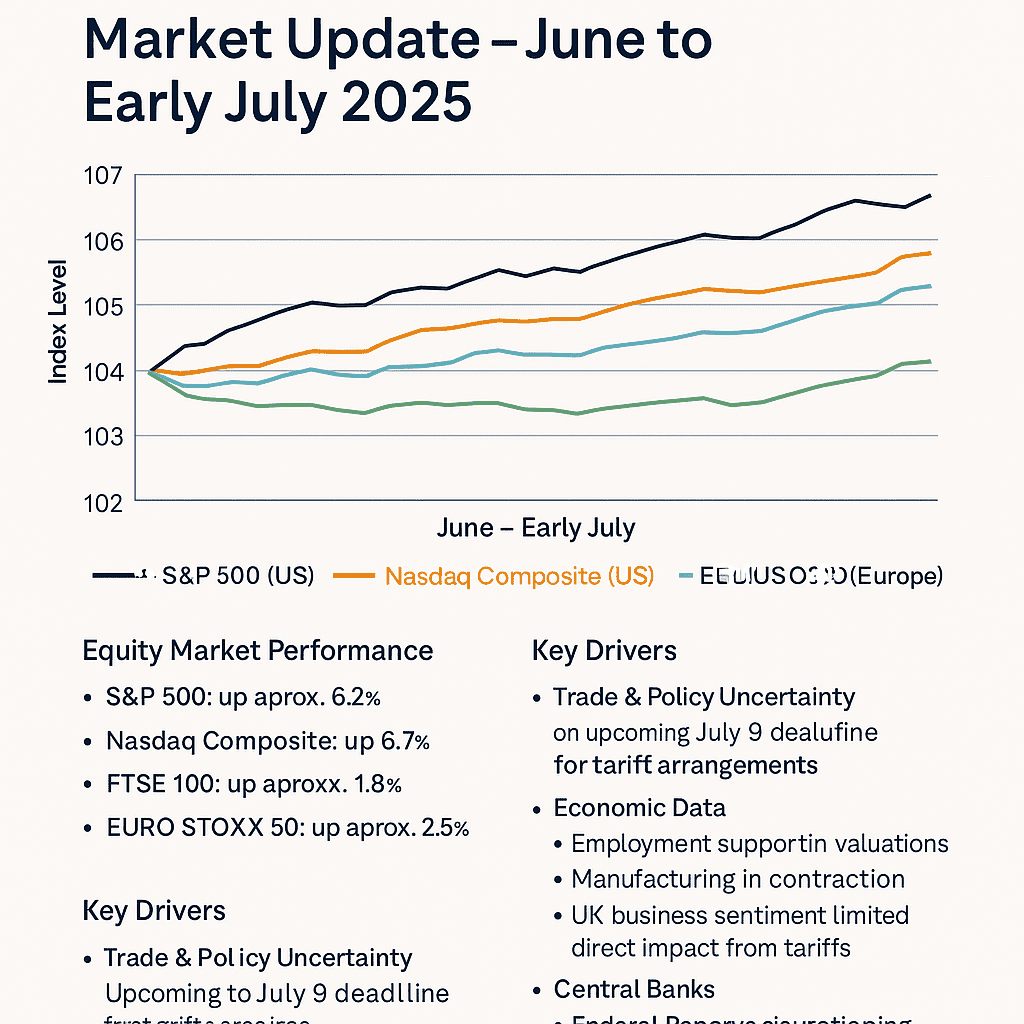
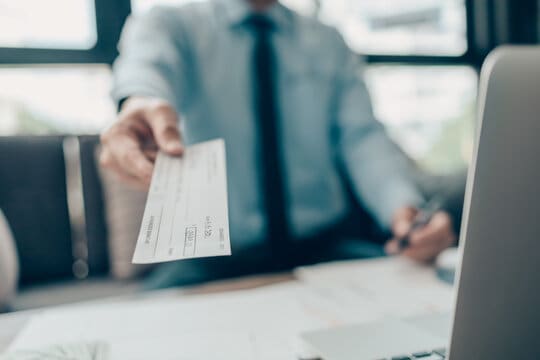
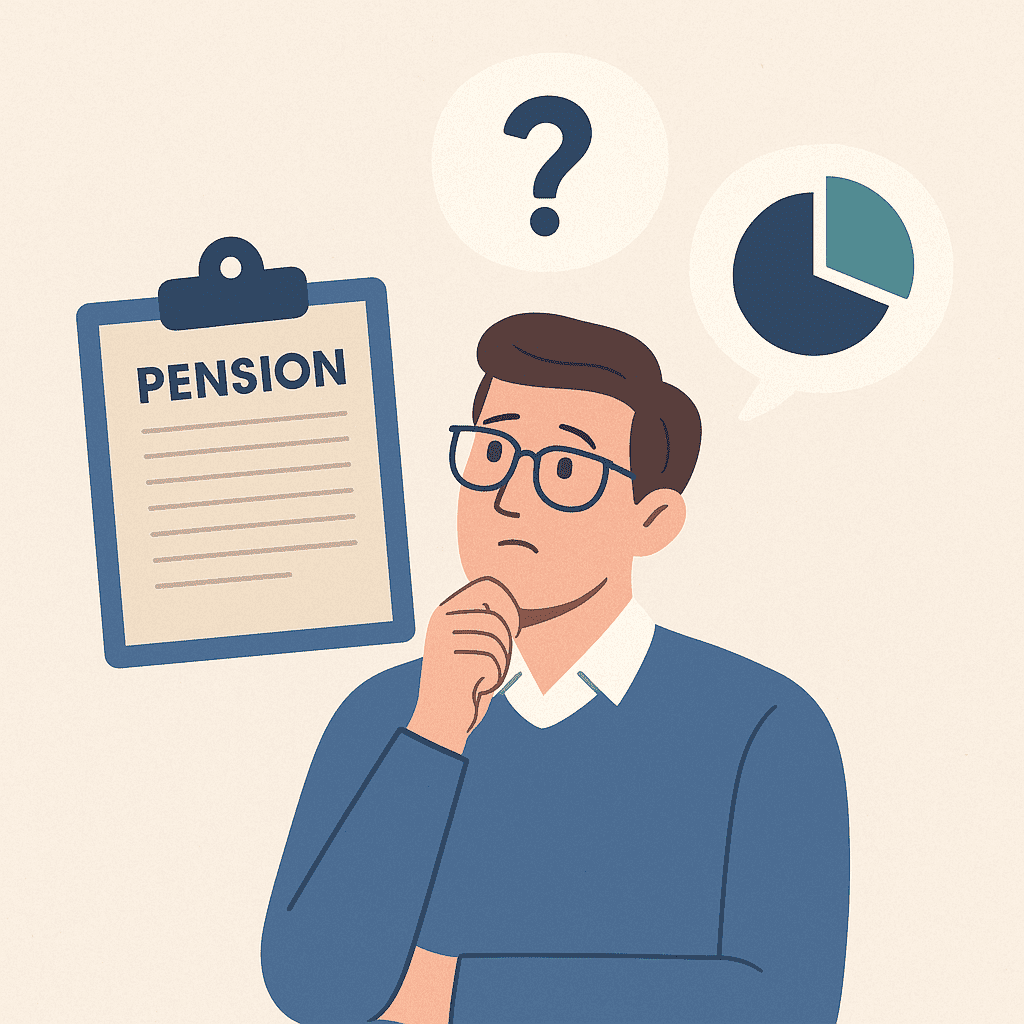
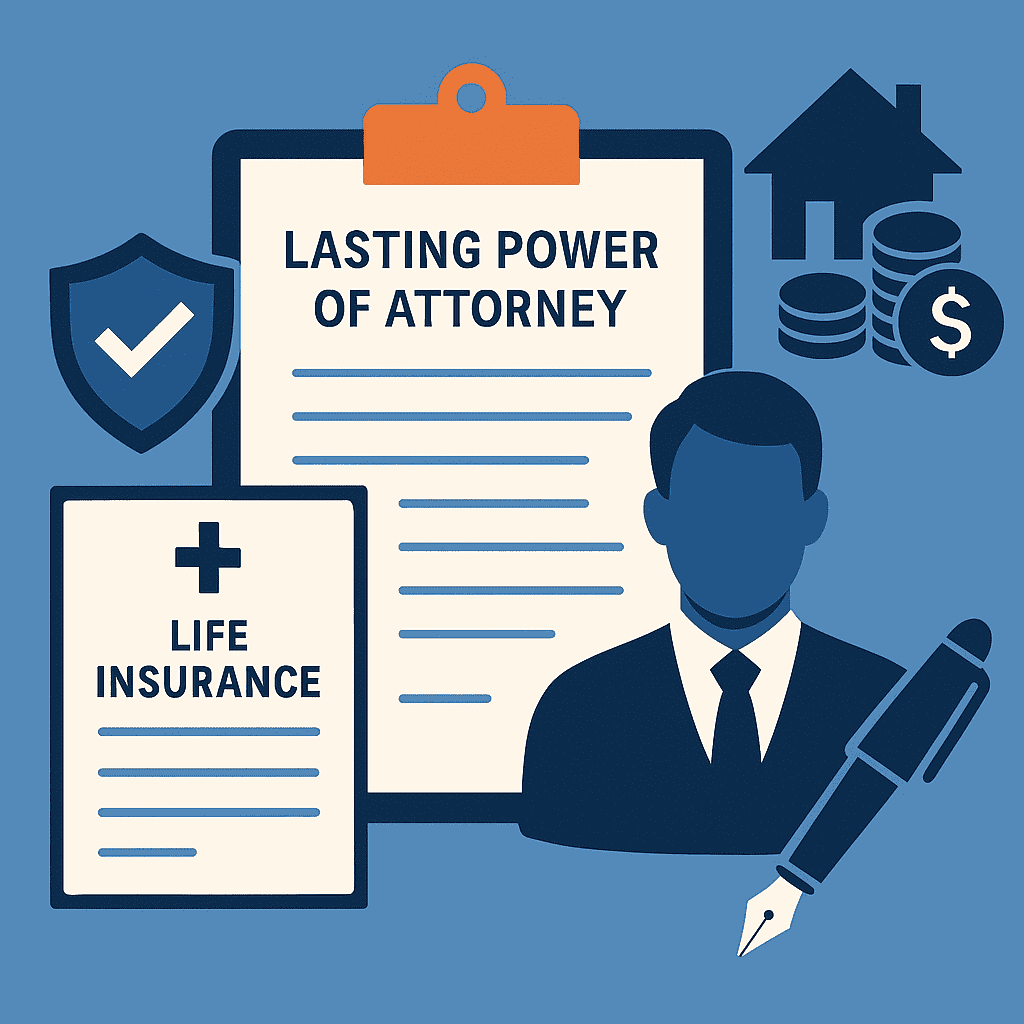
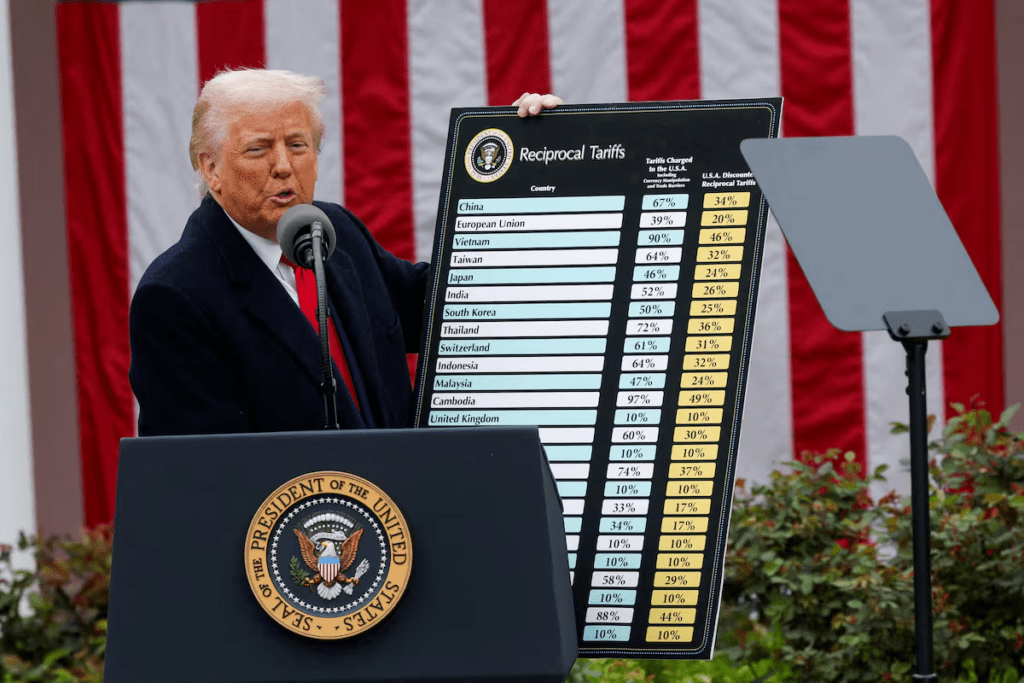

Recent Comments